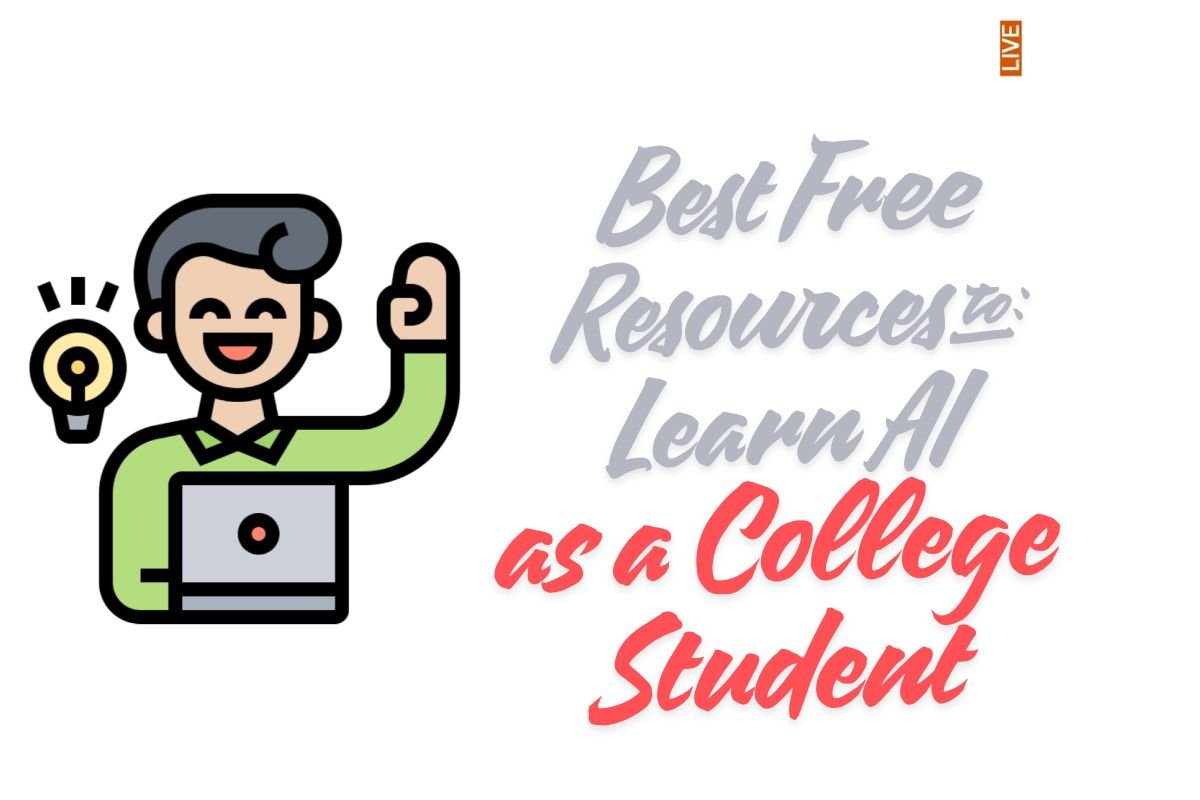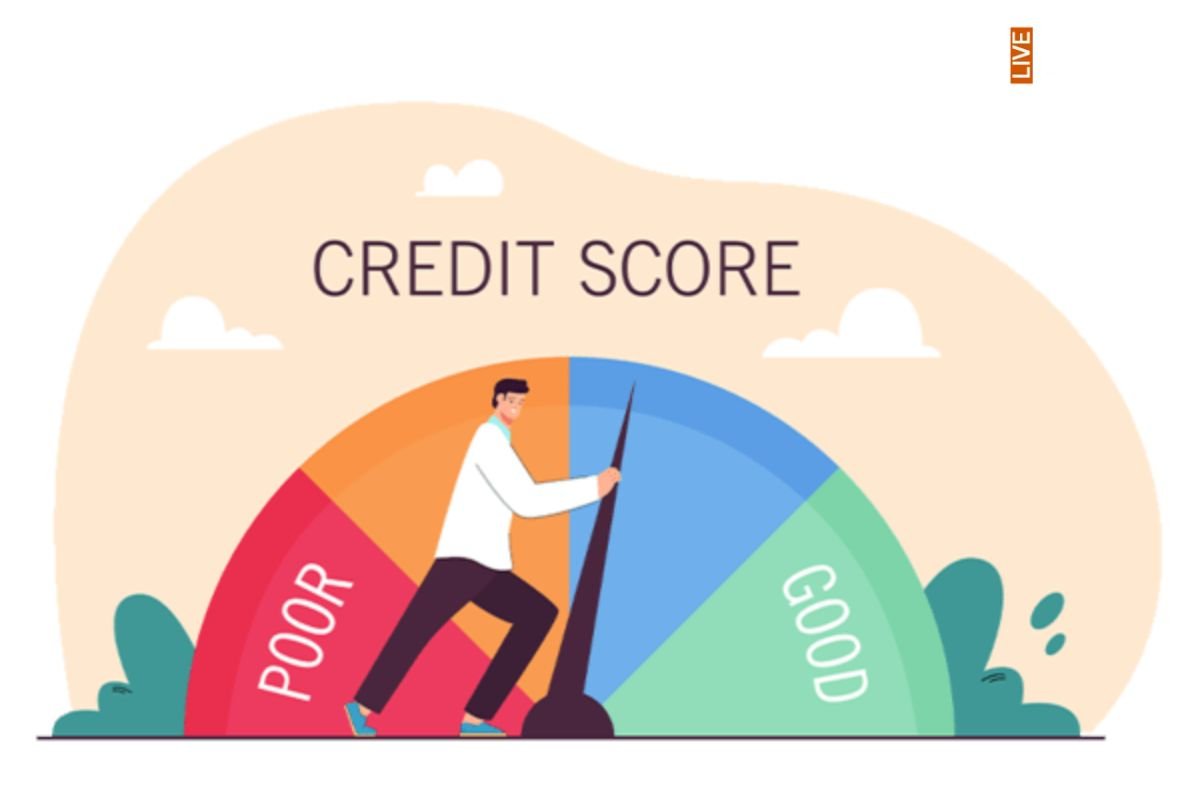Investing as a student might seem daunting, especially with limited funds, but starting early is one of the smartest financial decisions anyone can make. This detailed guide outlines diverse and affordable investment opportunities, practical steps to begin, and how to build wealth progressively while balancing your studies and expenses.
Why Should Students Invest?
-
Build Wealth Early: Compounding returns grow significantly over time, giving early investors a huge advantage.
-
Financial Literacy: Learning to invest teaches money management, risk understanding, and market behavior.
-
Goal Achievement: Funds for future education, travel, or entrepreneurship grow faster with smart investments.
-
Financial Independence: Reduces reliance on family or loans by building assets and passive income.
Safe and Budget-Friendly Investment Options
1. Recurring Deposits (RDs)
-
Deposit a small fixed amount monthly (as low as ₹100–₹500).
-
Low risk, capital protection, guaranteed interest, flexible terms.
-
Great for disciplined savings with modest returns.
2. Public Provident Fund (PPF)
-
Government-backed long-term savings with tax benefits.
-
Minimum deposit as low as ₹500 yearly, with attractive interest rates (~7-8%).
-
Encourages discipline and wealth creation for goals like higher education.
3. Systematic Investment Plans (SIP) in Mutual Funds
-
Invest a fixed small amount monthly (₹100+).
-
Professional fund management with diversification across stocks, bonds, and other securities.
-
Suitable for beginners with moderate risk tolerance and longer time horizons.
-
Balance between equity (growth) and debt (stability) funds helps tailor risk.
4. Digital Gold
-
Buy gold in small quantities online, starting from ₹10.
-
Safe storage, easy liquidation, and acts as a portfolio diversifier.
5. High-Yield Savings Accounts and Fixed Deposits (FDs)
-
Offer stable, predictable returns for short to medium term goals.
-
Higher interest than normal savings accounts; FDs lock in money for a period with guaranteed payout.
6. Index Funds and Exchange-Traded Funds (ETFs)
-
Track market indices like Nifty 50 or S&P 500.
-
Low-cost, diversified, and passive investment strategies.
-
Suitable for beginners to get market-like returns without stock-picking risk.
7. Direct Stocks (With Caution)
-
Invest in blue-chip companies for exposure to equity markets.
-
Requires understanding risks and commitment to research.
-
Can start with fractional shares, investing small amounts.
8. Bonds and Corporate Deposits
-
Fixed-income securities providing steady returns and diversification.
-
Safest for conservative investors but proprietary knowledge needed for picking suitable bonds.
9. Unit Linked Insurance Plans (ULIPs)
-
Hybrid option combining investment with life insurance.
-
Offers market-linked growth with insurance benefits.
-
Check fees and lock-in periods before purchasing.
10. Micro-Investing and Robo-Advisors
-
Automatic investment apps that invest spare change or fixed sums.
-
Portfolio allocation based on risk profile without hands-on management.
How to Start When You Have Limited Funds
-
Assess Your Financial Situation: Understand your monthly income, essential expenses, and disposable funds.
-
Create a Monthly Budget: Allocate a portion for saving and investing regularly.
-
Complete KYC for Investments: PAN card, Aadhaar, bank account, and photos—required for all formal investments.
-
Open Investment Accounts: Demat and trading accounts for stocks and ETFs; mutual fund accounts via platforms like Groww, Zerodha, or Kuvera.
-
Start Small and Grow: Begin SIPs with ₹100-500; increase as income or confidence grows.
-
Track and Learn: Monitor portfolio performance and expand knowledge via financial news and blogs.
Tips for Student Investors
-
Maintain emergency savings separately.
-
Avoid investing borrowed money.
-
Stick to long-term goals—avoid chasing quick gains.
-
Diversify your investments to reduce risk.
-
Use student and beginner-friendly platforms with low fees.
Final Thoughts
Smart investing is accessible to students regardless of budget. Start today with small, disciplined steps and grow your portfolio steadily. Building good financial habits and knowledge as a student paves the way for life-long wealth and security.
Read more on our website: Future Ready, your go-to platform for the best educational content and latest updates.




















